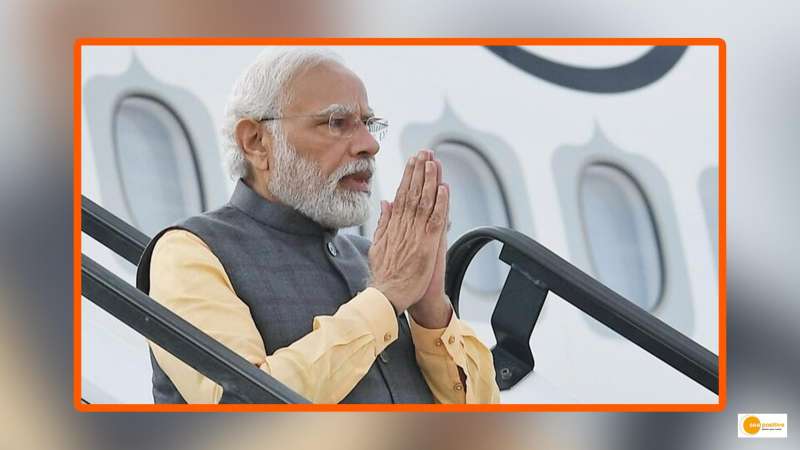

On July 7, Varanasi will host the three-day Akhil Bharatiya Shiksha Samagam, which will be inaugurated by Prime Minister Narendra Modi. Over 300 Vice Chancellors and directors from public and private universities, education experts, policymakers, as well as business representatives, will convene for the three-day seminars, which are being organised by the Ministry of Education in collaboration with the University Grants Commission and Banaras Hindu University, to discuss how the National Education Policy (NEP) 2020 can be implemented more broadly across the nation.
The Summit will provide a platform for leading Indian higher educational institutions to discuss, deliberate, and share insights on strategies, success stories, and best practices in implementing the NEP 2020.
Changes announced under NEP
There are still numerous universities that haven’t adopted the modifications and aren’t yet on board the reform train. Academic bank of credit, multiple entry-exit, multidisciplinarity, and flexibility in higher education are some of the changes that have been announced under NEP. Other changes include rules to support online and open distance learning, revisions to the National Curriculum Framework to bring it more in line with international standards, promotion of multilingualism and the Indian Knowledge Systems and inclusion of both in the curriculum, mainstreaming of skill education, and encouragement of lifelong learning.
Themes to be discussed in 3 days session
Spanning several sessions spread over three days from the 7th-9th of July, discussions will be held on themes such as multidisciplinary and holistic education, skill development and employability, Indian Knowledge Systems, Internationalization of Education, digital empowerment and online education, research, innovation, and entrepreneurship, quality, ranking and accreditation, equitable and inclusive
education, capacity building of teachers for quality Education.
“The Summit is expected to provide a platform for thought-provoking discussions that will articulate the roadmap and implementation strategies, foster knowledge exchange and build networks through interdisciplinary deliberations and discuss challenges being faced by educational institutions and articulate solutions,” the Ministry of education said in an official notice.


